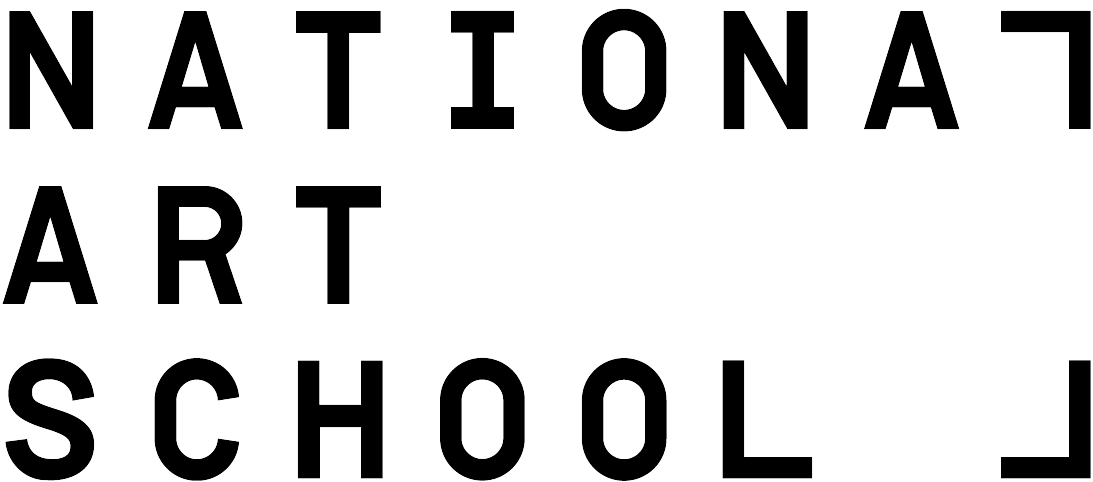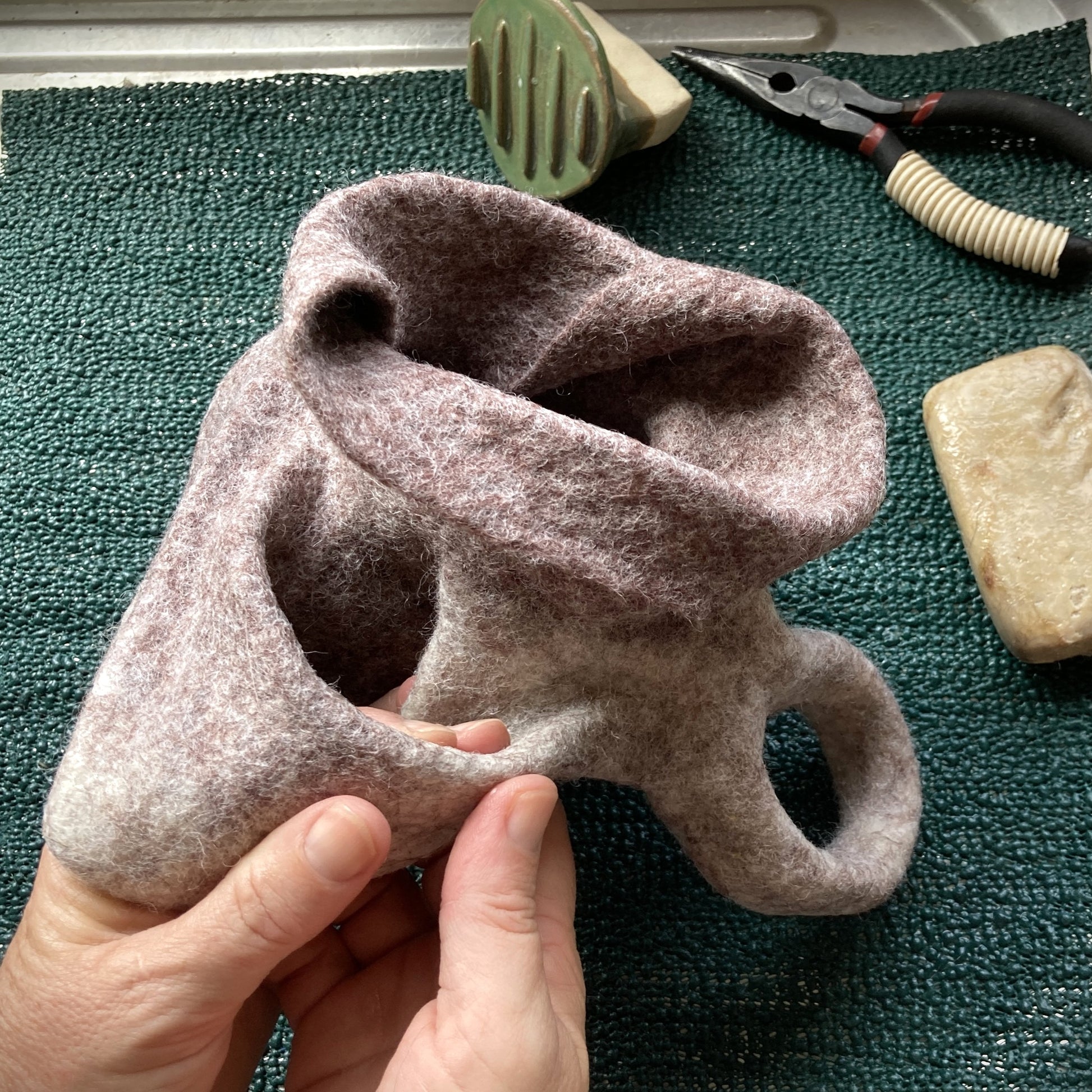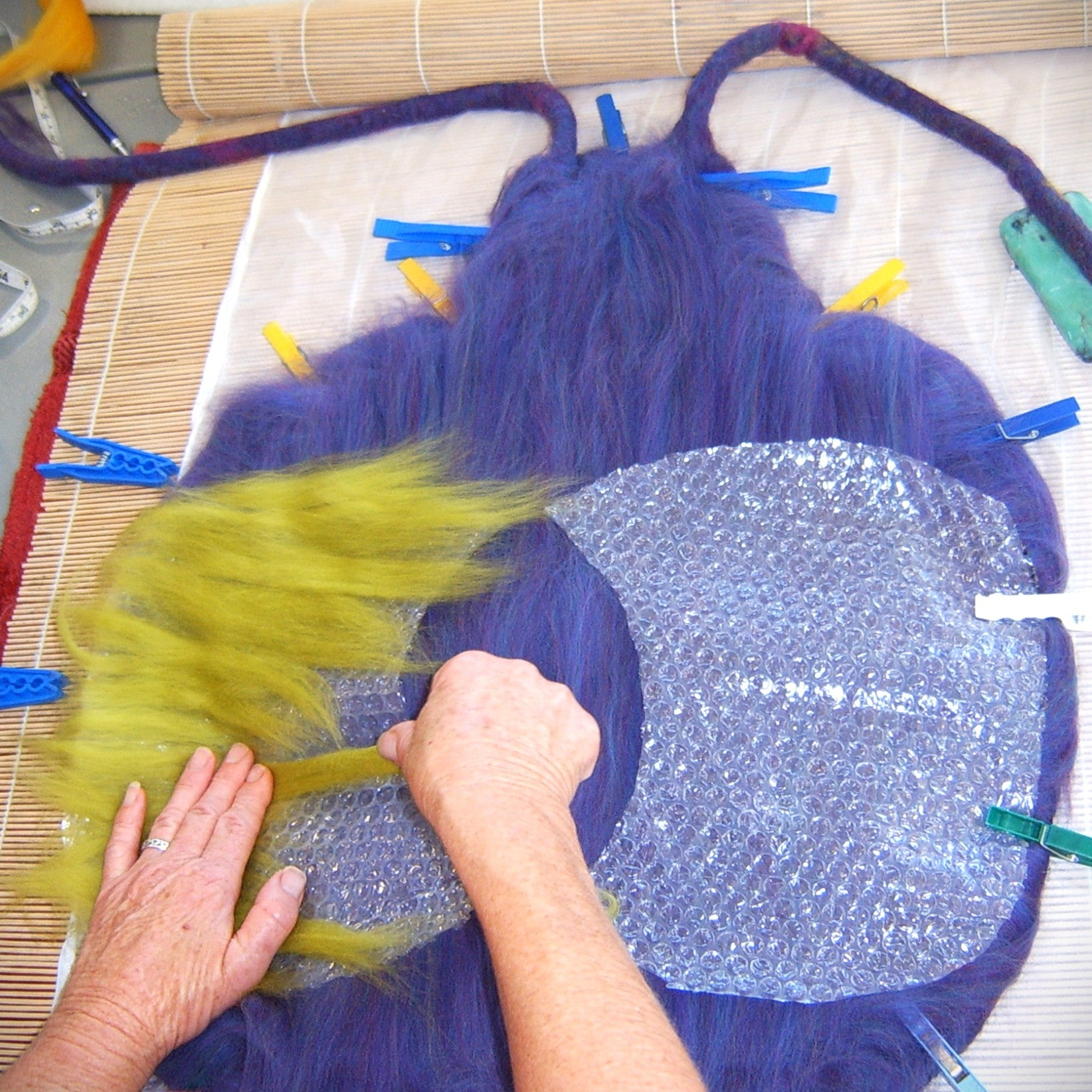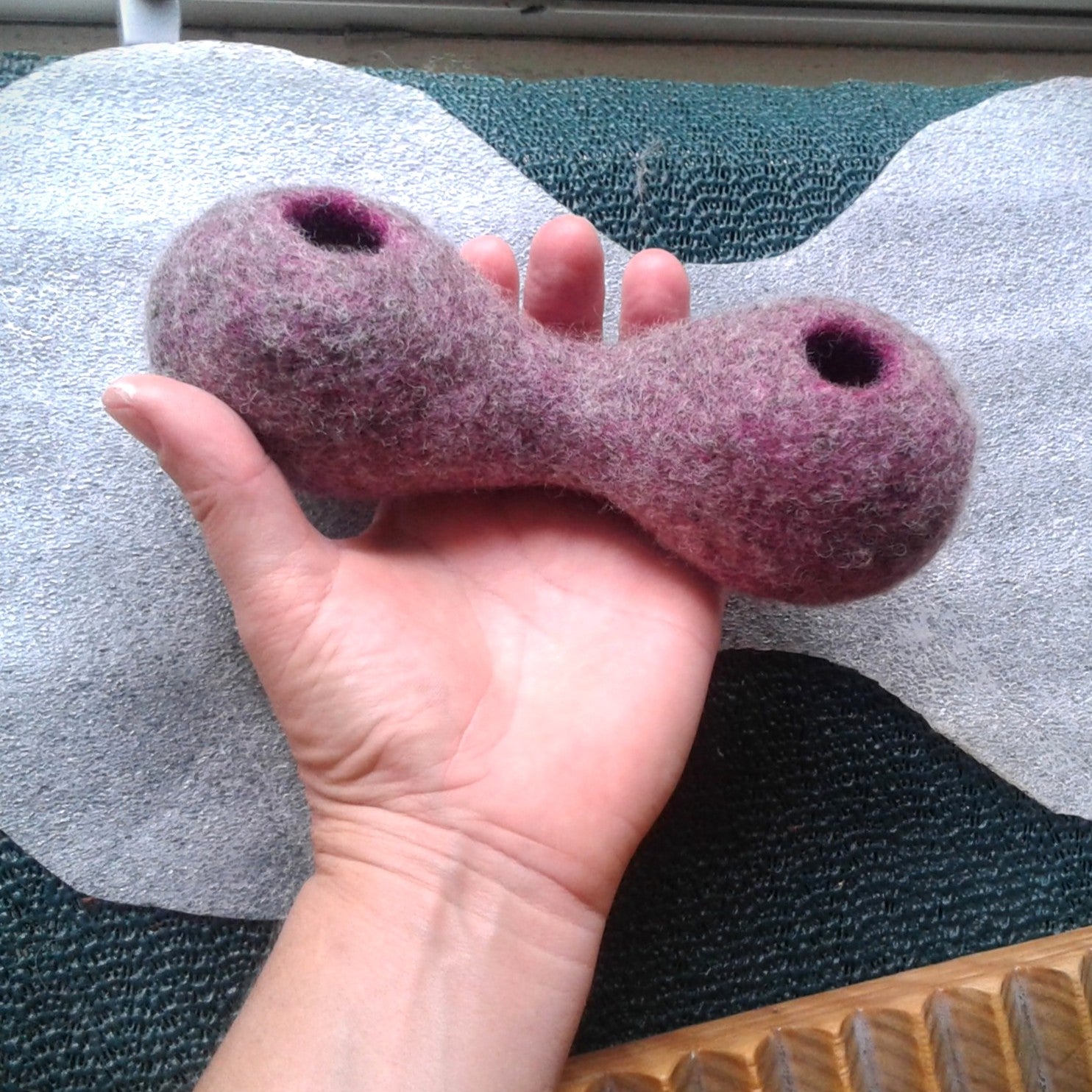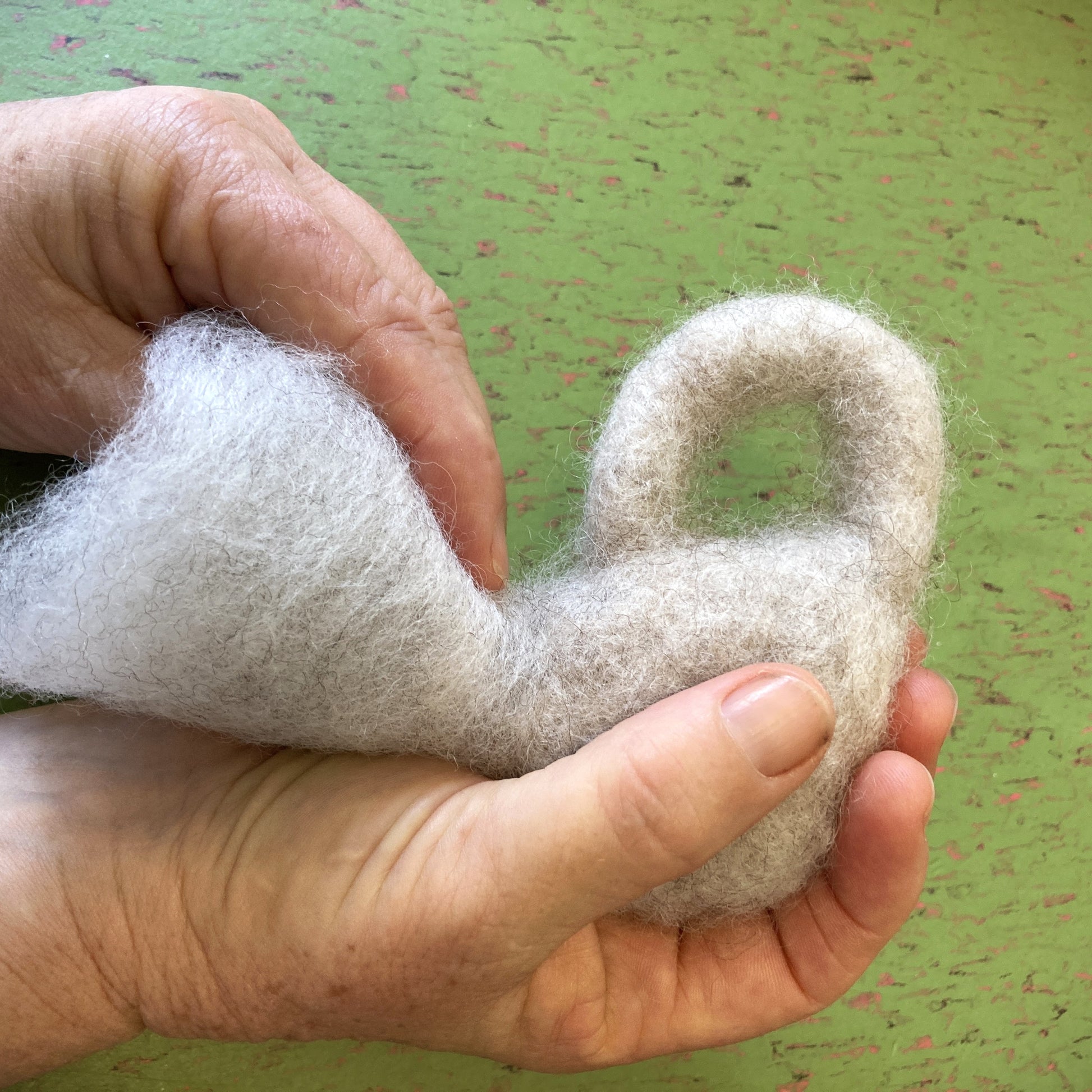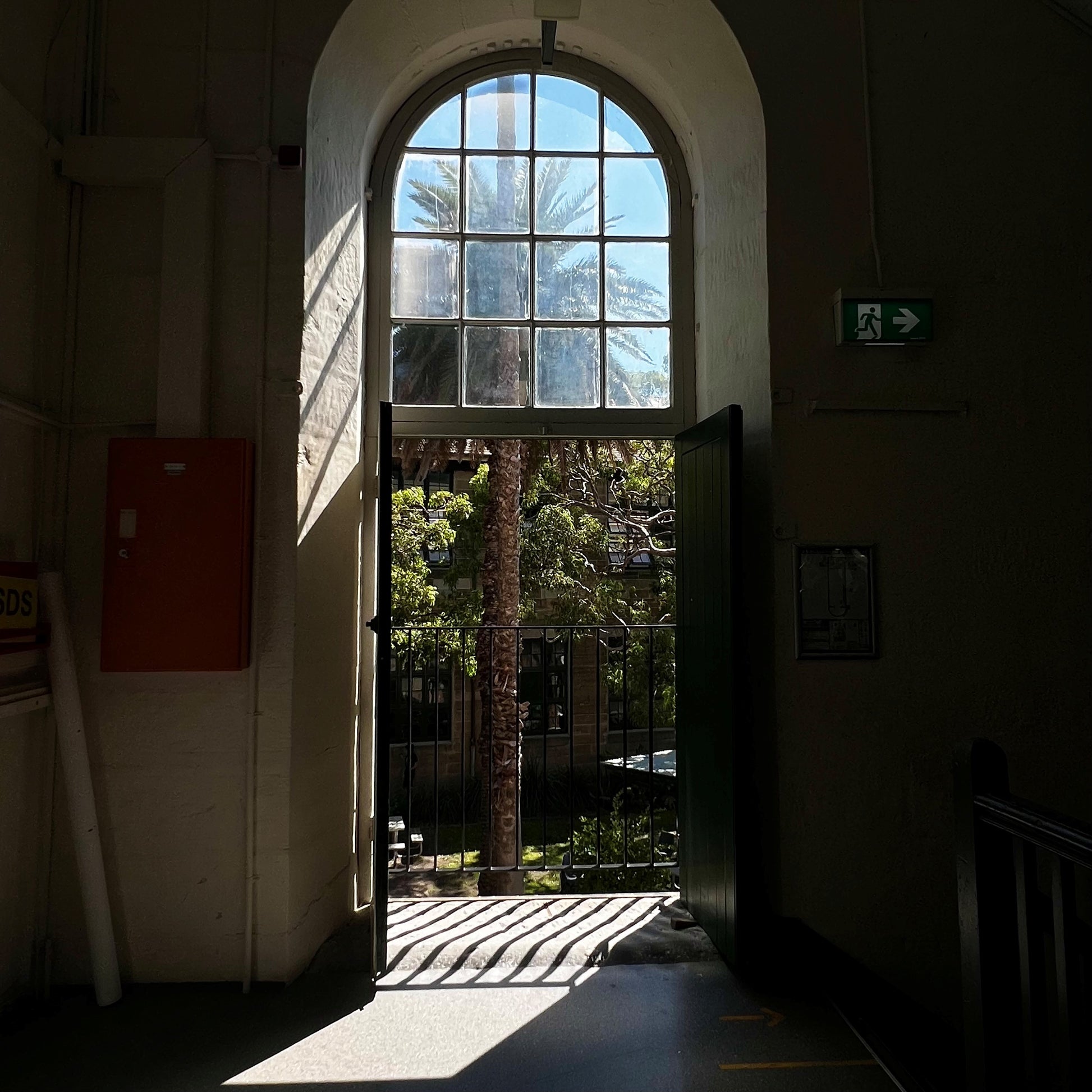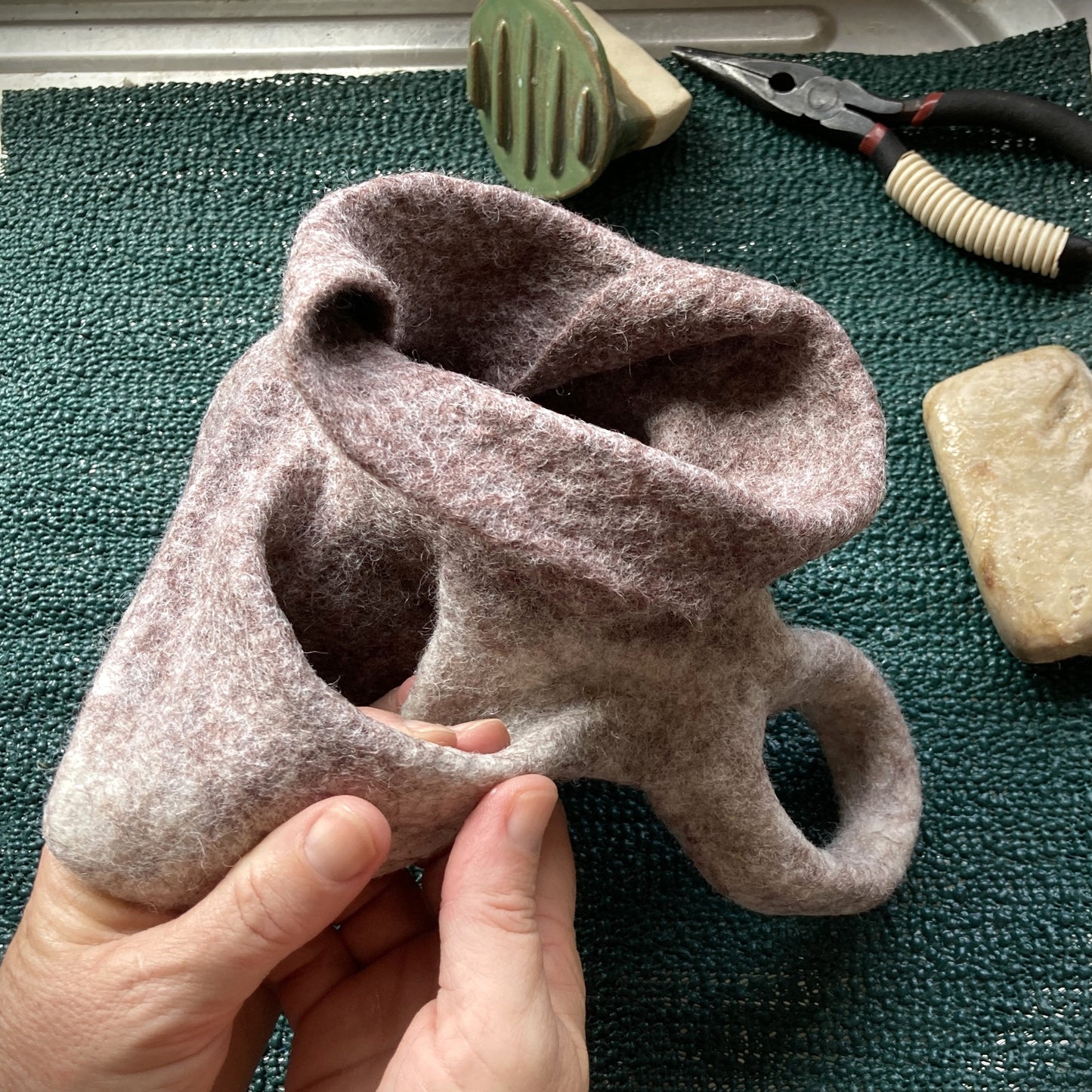
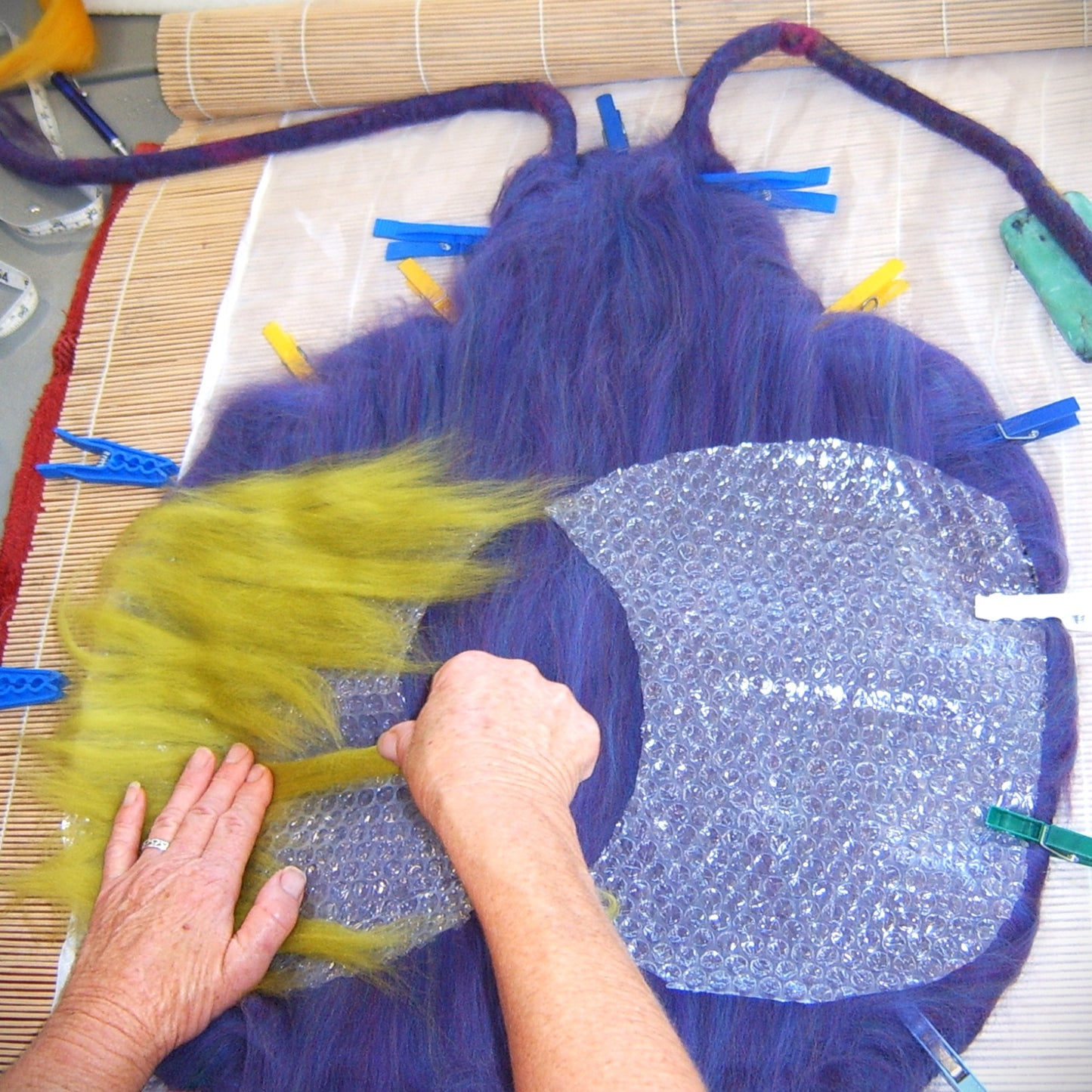
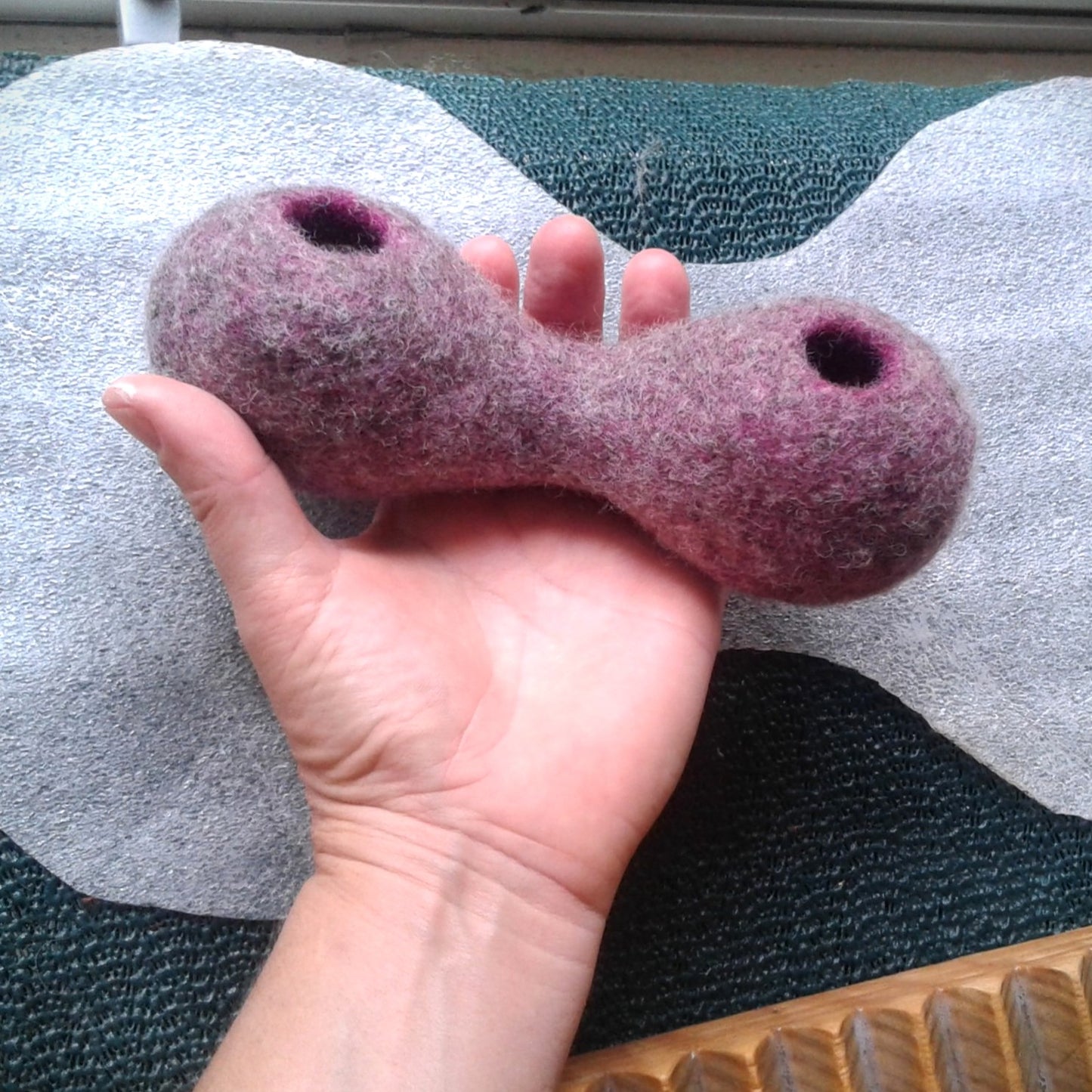
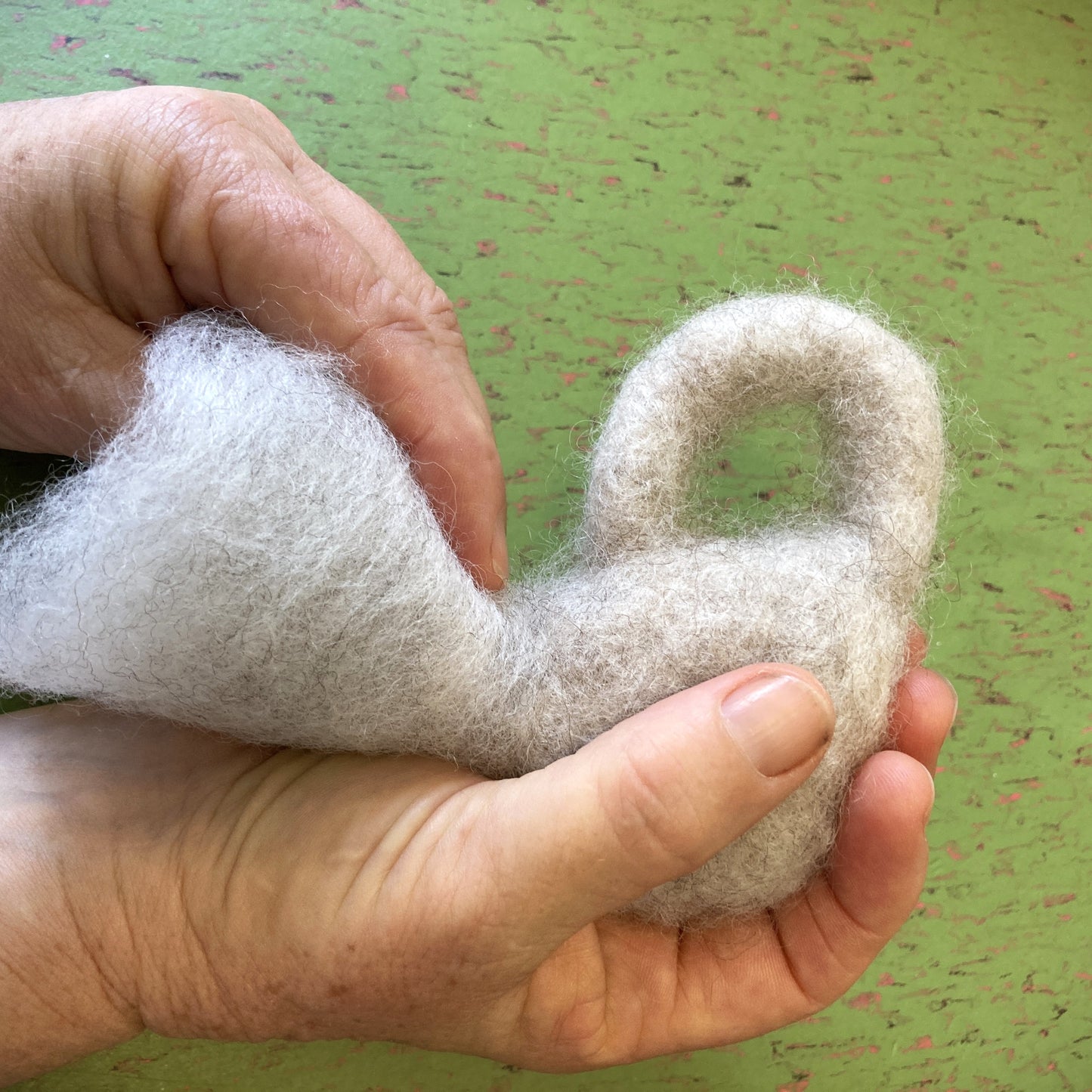
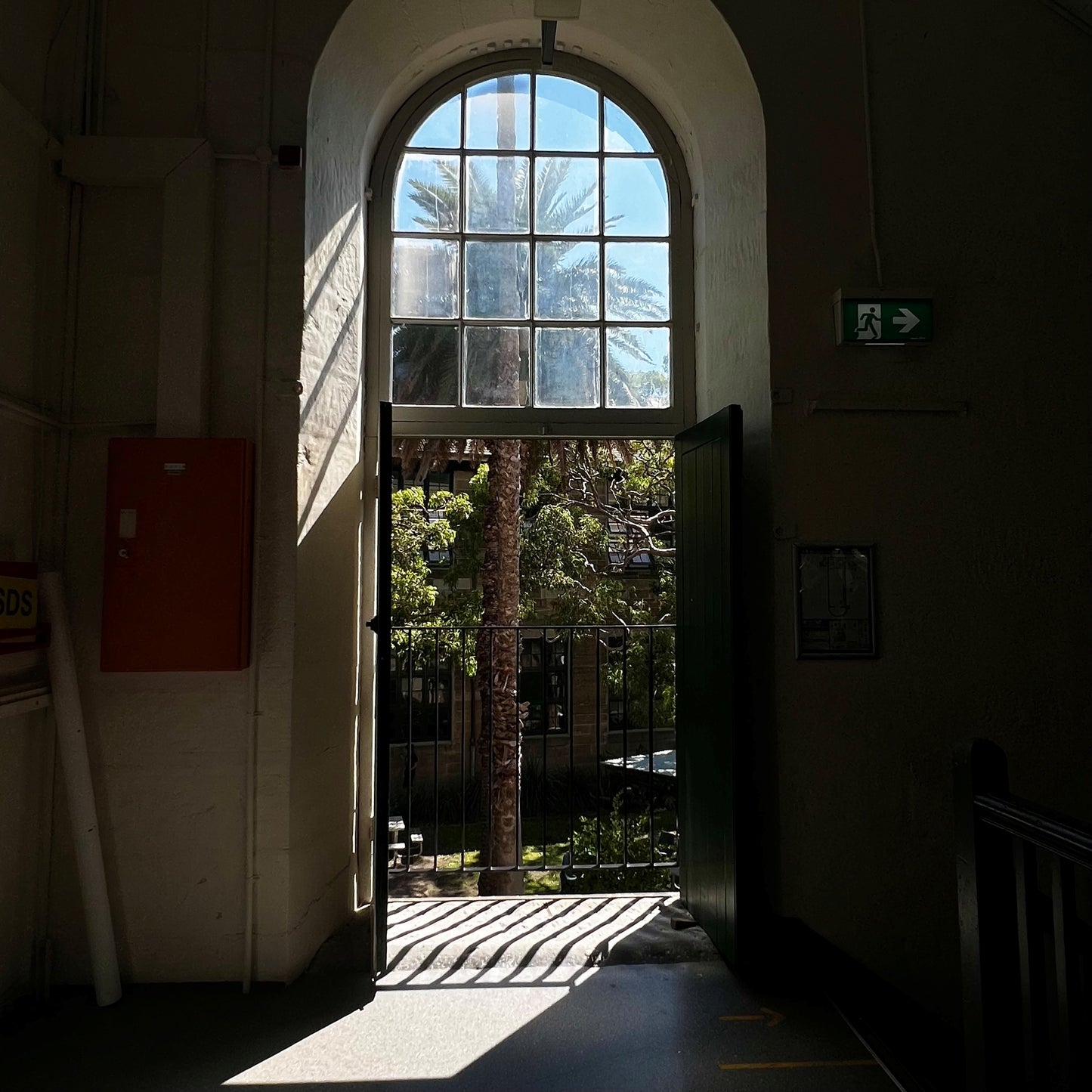
Course Details
Course Program: Summer School Week 1 2026
Start Date: 12 January 2026
End Date: 16 January 2026
Day: Monday - Friday
Time: 9:30am - 4:30pm
Number of classes: 5
Total Course Hours: 30
Discipline: Sculpture
Lecturer: Anita Johnson
Age: 16 years and over
Level: Beginner, Intermediate, Advanced
Location: National Art School
Course Overview
Course Overview
Art Materials
Art Materials
Lecturer Profile
Lecturer Profile
Student Testimonials
-
PARKERS FINE ART SUPPLIES
Parkers Fine Art Supplies WebsiteParkers Fine Art Supplies have a location of the NAS campus and offer a discount for NAS short courses students. To discuss and order art materials please contact Parkers:
Phone: +61 2 9247 9979
-
COVID-19 POLICY
In line with NAS Covid Safety Guidelines, all students and visitors must be fully vaccinated or have a medical contraindication form completed by a health professional.
Protective clothing and covered footwear essential
- Choosing a selection results in a full page refresh.
- Opens in a new window.
